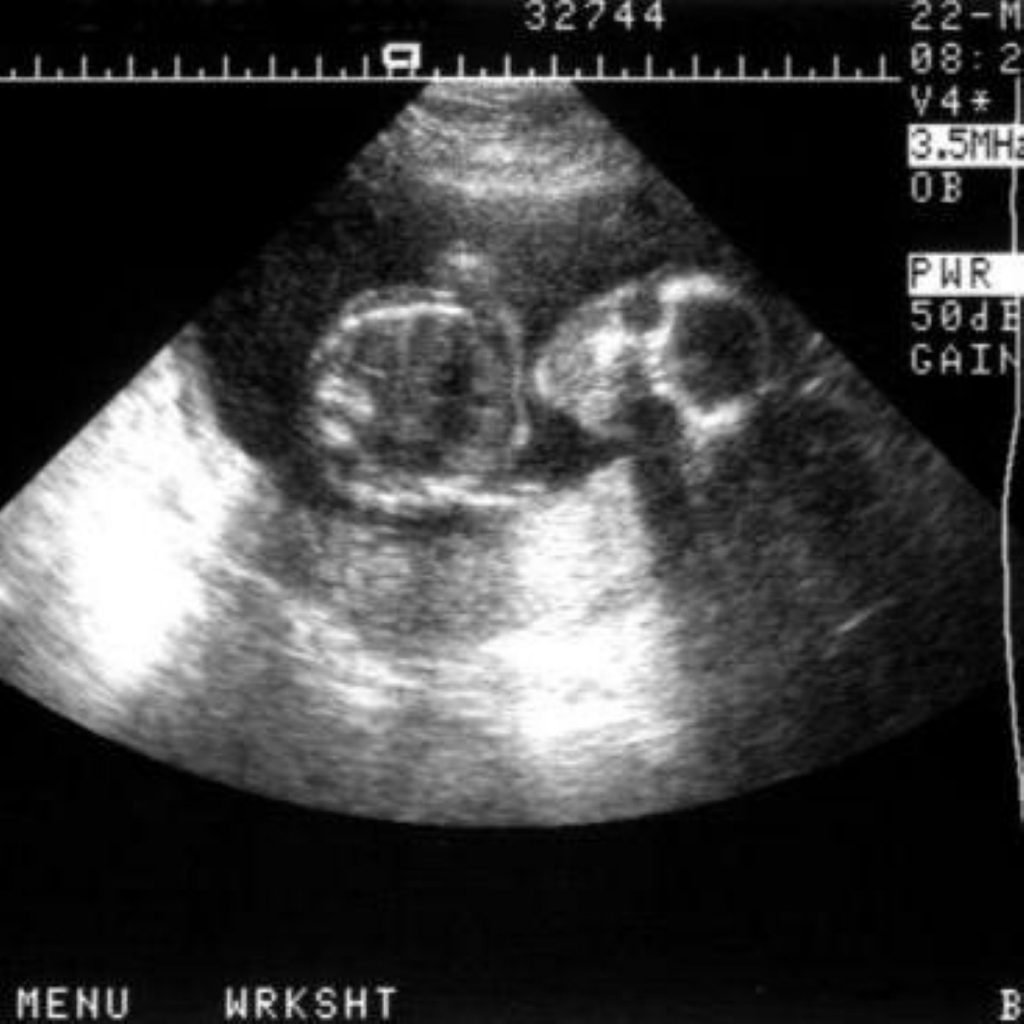London protest over Irish woman who died after being denied abortion
Pro-choice campaigners were organising a protest outside the Irish embassy in London today, after a woman in Galway died following a refusal to give her an abortion.
Savita Halappanavar died of septicaemia a week after going to the hospital with back pains and being found to have had a miscarriage.
Demonstrators will gather outside the Irish embassy in Grosvenor Square at 18:00GMT this evening to support the Irish pro-choice movement.
The case is likely to worsen already tense relations with the European court of human rights, which ruled in 2010 the country had failed to implement laws enabling women to have an abortion if their life was in danger.


Halappanavar's husband said his wife asked for a medical termination several times inbetween the hospital appointment and her death but she was denied because a foetal heartbeat was still present.
The couple were even told "this is a Catholic country" when they asked.
Once the heartbeat stopped medical staff removed the dead foetus, but it was too late for Halappanavar, who died of septicaemia on October 28th.
"Doctors in Ireland need clarity on when they can provide abortions and they need it now," said Patricia Lohr, medical director of the British Pregnancy Advisory Service (BPAS).
"They are in fact legally allowed to perform an abortion when a woman's life is at risk, but this case appears to highlight just how problematic this threat to life 'exception' can be in the most devastating way imaginable.
"It is appalling that doctors might feel they have to wait until death is imminent before being able to intervene when treatment could have been offered much earlier."
Pro-choice campaigners today highlighted the findings of a major medical symposium in Ireland last September, in which leading experts in mental health, obstetrics and gynecology, and molecular epidemiology found "abortion is not medically necessary to save the life of a woman".
It continued: "We uphold that there is a fundamental difference between abortion, and necessary medical treatments that are carried out to save the life of the mother, even if such treatment results in the loss of life of her unborn child.
"We confirm that the prohibition of abortion does not affect, in any way, the availability of optimal care to pregnant women."
Ireland's health service executive has launched an investigation, as has the hospital concerned, but the tragedy has sparked an outcry among pro-choice campaigners in Ireland.
No political party likes to go near the abortion issue in Ireland. The country's proximity to the UK allows many women to fly to Britain for a termination. Many campaigners argue the current law is only feasible because of this option.









